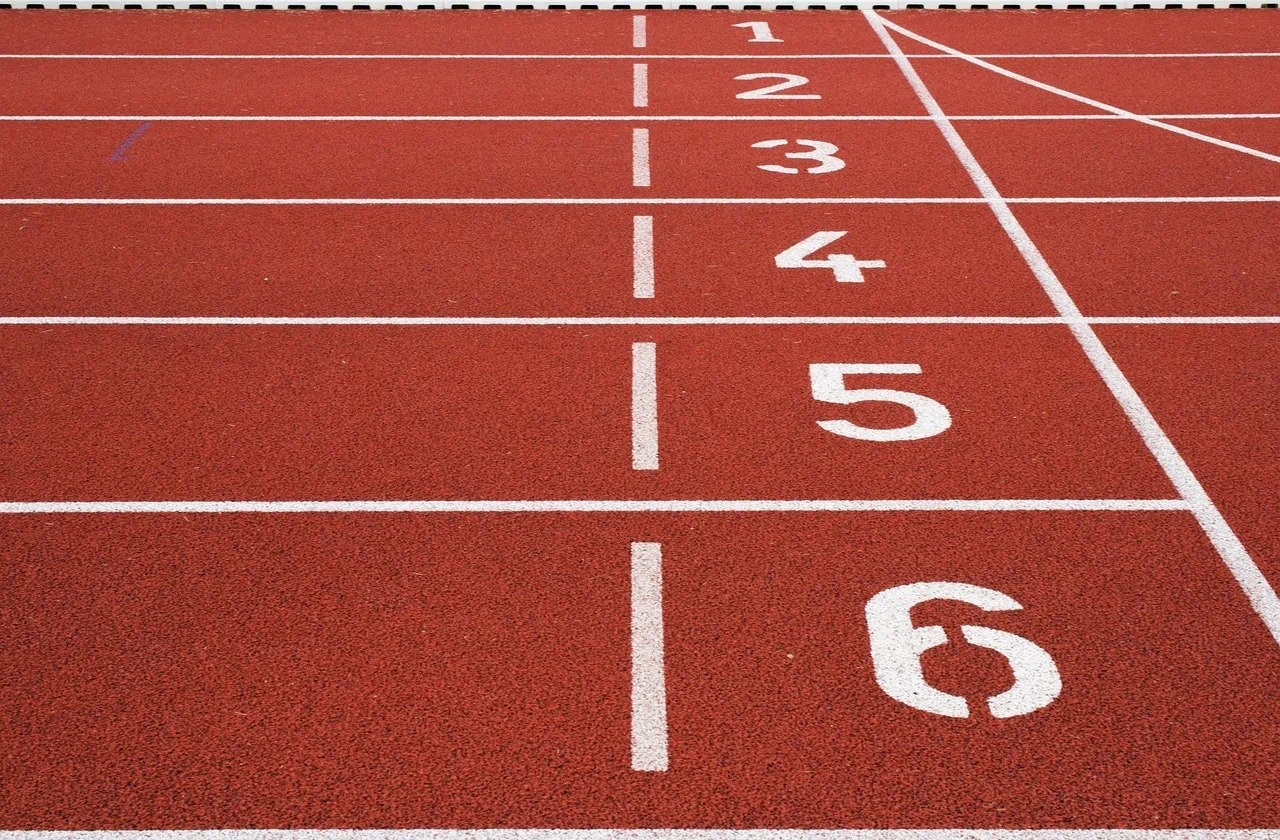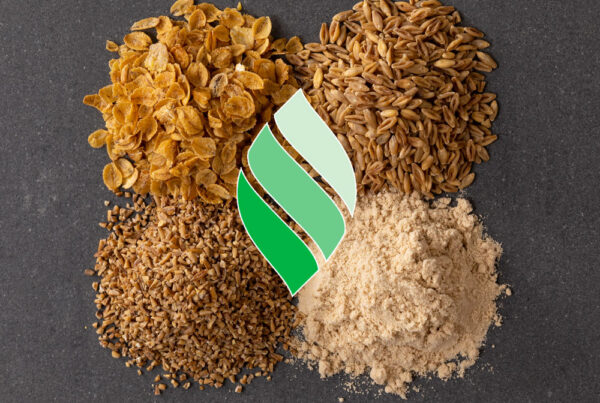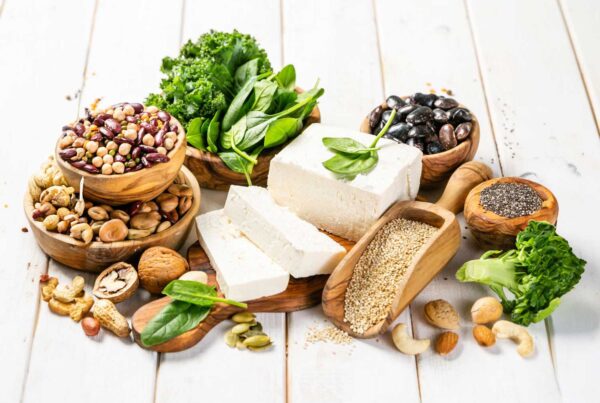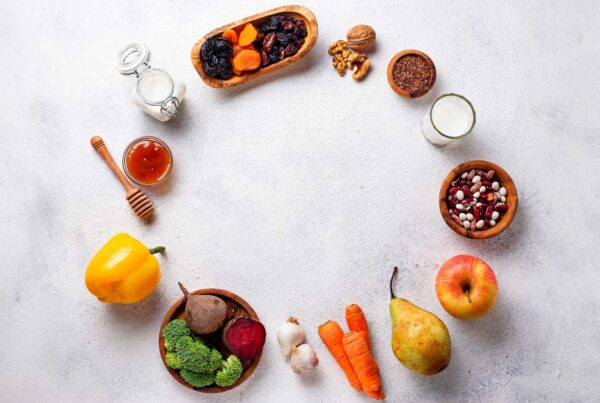These days it seems that the health of nearly every part of the body is in some way influenced by the gut microbiome.
So if I eat more prebiotics and probiotics and pay attention to my gut microbiome can I expect a new PB when I next lace up my runners?
Surprisingly the evidence is inconclusive.
On one hand a 2020 review (1) concluded……
“Although most of the studies reported positive health effects in athletes and active individuals, there is still no substantial scientific evidence to suggest that probiotics, prebiotics and synbiotics play an important role in improving an athlete´s performance.”
The literature search found 28 articles concerned with probiotics and 3 dealing with consumption of prebiotics/synbiotics.
This contrasts with an earlier review in 2017 by Mach and Fuster-Botella (2) which concluded that modulation of the gut microbiome through the use of probiotics might improve an athletes overall general health, energy availability and performance whilst controlling inflammation.
These results of these two reviews and other articles are not really contradictory. Both reviews agree that there is supporting evidence. However the evidence is indirect. Trials to directly measure performance in elite athletes will be difficult. To detect statistically significant changes, a large number of participants must be recruited and most likely participants need to adhere to a new diet for at least a month.
More realistically, and as has been undertaken and demonstrated one can measure the effects of prebiotics and probiotics on various related factors in athletes, such as the frequency of upper respiratory infections, which reductions may contribute to an improvement in athletic performance.
Do the following improvements constitute sufficient non-performance effects to believe that taken together they will result an improvement in your PB? Up to you to decide!
These beneficial effects relevant to performance include:
- High performance athletes are reportedly prone to upper respiratory infections and there is some evidence that probiotics can improve the course of such infections; potentially enhancing
- This may be related to improvements in markers of immune function in athletes when they consume probiotics.
- Interestingly there is one study reporting an increase in VO2 max (maximal oxygen uptake reflecting cardiorespiratory fitness) in female endurance swimmers eating a probiotic youghurt.
- Dietary fibre intake is inversely correlated with the likelihood of developing severe knee pain over an 8 year period.
- Improvements in sleep. Stress can disrupt sleep patterns. In stressed rats the consumption of prebiotics enhanced sleep quality. This may tie in with the observation in humans of the beneficial effect of prebiotic consumption on measures of mood.
- Reversing some of the effects of over-training such as oxidative stress and increase gut permeability.
- In mice probiotic supplementation has been shown to improve endurance (3).
Can these effects improve your performance?
In a way the proof of the pudding will only be in the eating (pun intended).
Intended as general advice only. Consult your health care provider to discuss any specific concerns.
- Probiotics, prebiotics and synbiotics: useful for athletes and active individuals? A systematic review
C.D. Quero Calero et al
Beneficial Microbes (2020) 11, 135-149 - Endurance exercise and gut microbiota: a review
NMachand D. Fuster-Botella
J Sport Sci (2017) 6 pages 179-197 - Exercise Training Combined with Bifidobacterium longum OLP-01 Supplementation Improves Exercise Physiological Adaptation and Performance
Wen-Ching et al
Nutrients (2020) 12, 1145
Intended as general advice only. Consult your health care professional to discuss any specific concerns.




